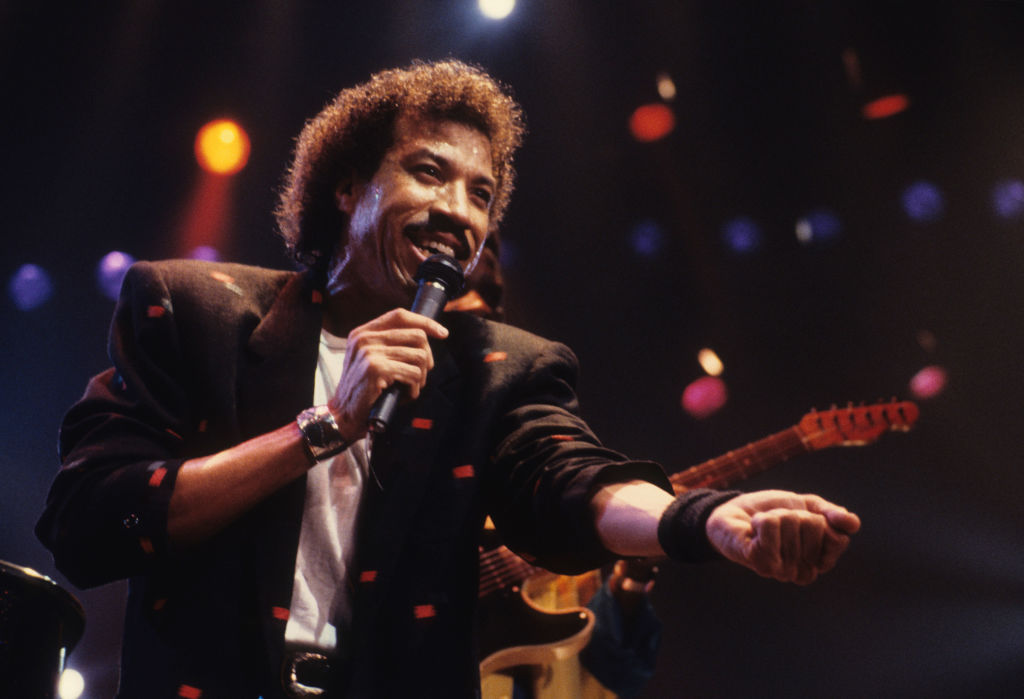From his antisemitic provocations to his controversial ideological references and personal ties with fascist, collaborationist, or neo-Nazi militants, the founder of the National Front accumulated countless republican “red cards.” Yet, he also embodied the guilty conscience of French elites, torn between their own historical contradictions and their electoral cynicism.
One might choose not to dwell on the ideological darkness of the character, considering it a well-established fact that everyone acknowledges. However, Jean-Marie Le Pen held a unique role: while he was rejected by mainstream opinion, he nonetheless served a useful purpose for French republican elites.
A Role Within the French Political System
If Marine Le Pen is now the opposite pole to Emmanuel Macron in the magnetic field of French politics, Jean-Marie Le Pen was, in his time, an almost unavoidable reference point for the republican elites. He had a “utility” within the system, beyond the interest his voters found in his ideas and statements.
From collaboration during Vichy to French Algeria, many political leaders had historical blemishes to hide or be forgiven for. Jean-Marie Le Pen played an almost cathartic role: he served as a “washing machine” for the human and ideological complexities of the elites (much like others practice greenwashing in a different domain today).
The Lens of Political Duels
His role can also be analysed through the political duels he waged against figures such as François Mitterrand or Jacques Chirac. Every republican president who faced Le Pen had to deal with their own flaws or electoral cynicism. These confrontations provided the elites with a mirror reflecting their own compromises while reinforcing their legitimacy with voters.
Jean-Marie Le Pen, beyond his controversial ideology, thus became a central figure in a political system that found in him both a foil and a justification.
A central figure all the more highlighted by the rest of the political system as the “devil,” Le Pen seemingly preferred his role as a troublemaker to that of President of the Republic. According to someone with whom I spoke and who personally informed him in 2002 that he had made it to the second round of the presidential election, his initial reaction was one of hesitation, almost panic, overwhelmed by the idea of actually assuming power.
Running his small protest movement was probably enough for him, and that is also one of the greatest limitations of his political legacy.
J.S. Ferjou is the founder and editor of the French news website atlantico.fr





Trump’s Bibles: The ridicule that the Republican candidate has received for hawking the Holy Book illustrates how his liberal opponents don’t understand America